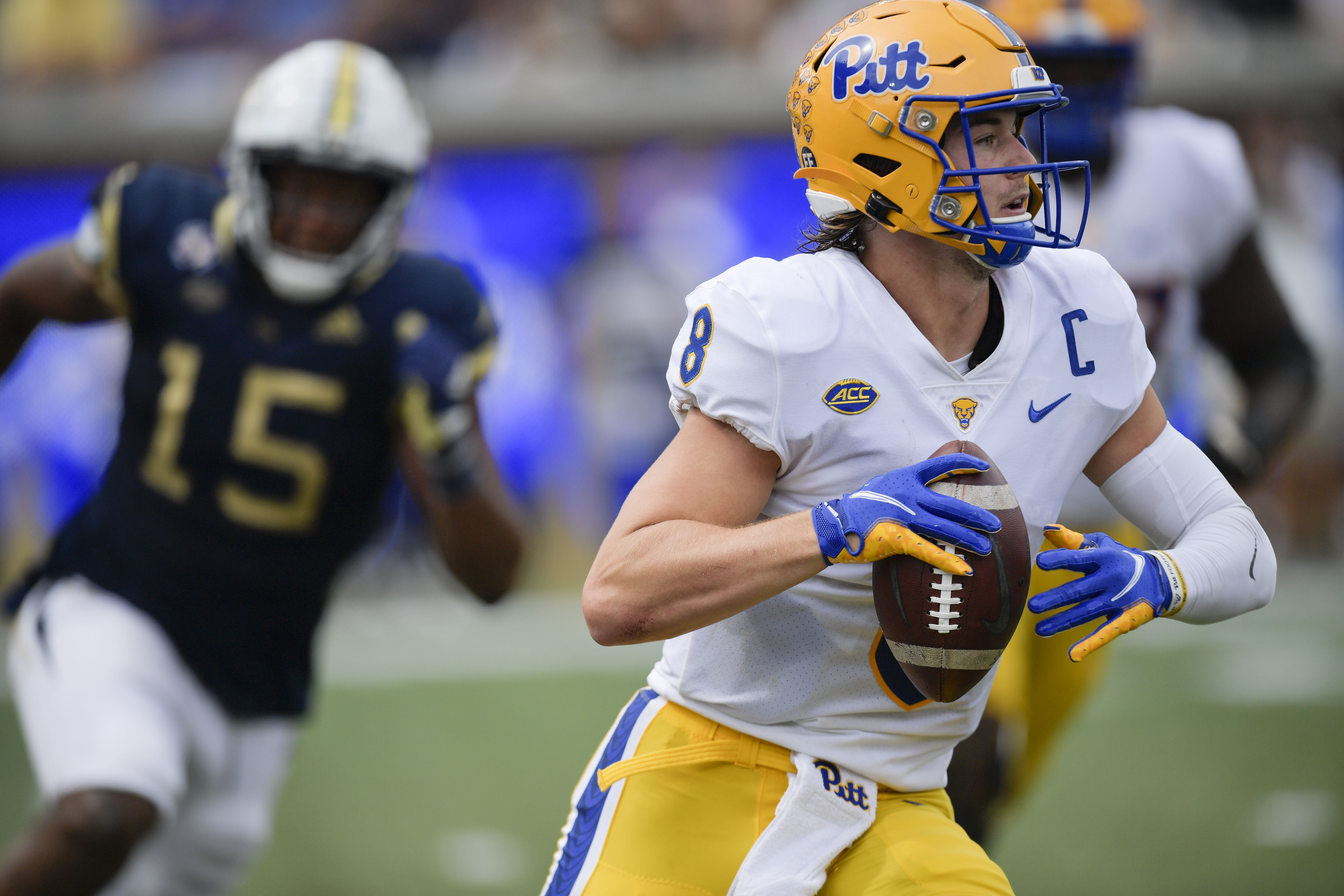
College athletes do better in business
For many foreigners, the prevalence of athletics is one of the strangest features of the U.S. system of higher education. America is a leader in Nobel prizes, and its universities are home to many of the world’s greatest thinkers. At the same time, many U.S. colleges are drenched in an apparently anti-intellectual practice known as sports.
Many U.S. colleges, including those at the highest academic levels, use sports performance as one criterion for admission. If you are a star quarterback or a very good lacrosse player, you have a better chance of getting into a better school. This is not the case in most other advanced countries.
And yet: There is something to be said for this intertwining of the life of the mind and the life of the body.
Intertwining mind and body
At the philosophical level, the management and deployment of the body is very much a cognitive exercise. Playing sports requires problem-solving and decision-making under pressure. These feats are just as cognitively impressive as writing a good term paper on 16th century British Renaissance poetry.
Furthermore, as artificial intelligence continues to advance, another AI — athletic intelligence — will increasingly become a uniquely human trait. It is appropriate for our systems of higher education to recognize and even celebrate this. ChatGPT may be able to write a good essay, but it can’t decide whether to double-team the player advancing with the ball.
More pragmatically, college sports is an effective way for many schools to raise money. It keeps alumni coming back to campus, and top donors can be given perks such as nice seats or season tickets. If a school is known for its football team, that can help it recruit students and perhaps faculty.
As for the students themselves, recent research indicates that sports performance makes former student athletes more valuable in the workplace. Former college athletes are much more likely to enter the high-earning fields of business and finance, relative to their non-athlete classmates. That can benefit the former students, their alma mater and the overall economy.
The research also shows that student athletes are less likely to get a doctoral degree or become a medical doctor, or to enter STEM fields. Might it be that the STEM jobs will become the province of the less athletic?
Athletes do better
Looking at just Ivy League graduates, former athletes do better in the labor market — that is, they earn more money — than non-athletes. This result holds even when controlled for school attended, year of graduation, field of study and first job.
Those same athletes are also more likely to hold senior positions. That could be evidence of leadership skills, or of their ability to learn and improve over time, as indeed good athletes must do. After five years, the earnings of the former college athletes start to outperform their non-athletic peers.
It is hard to avoid the conclusion that college athletes actually learn something useful. And what they learn, in many cases, is probably leadership skills. It is also possible that their athletic experiences sharpen their wits, their competitive sense, their problem-solving acumen and their ability to work with others.
Interestingly, the same study shows that athletes in more socioeconomically diverse sports, such as track and field, also earn more than their non-athletic peers. This suggests that their advantage comes not from having attended some fancy prep school.
All of a sudden, the life of the body and the life of the mind do not seem so distinct.
Beyond the classroom
This is an age of rising skepticism about higher education, much of it justifiable. Maybe people would be less cynical about higher education if it expanded its focus beyond the classroom.
It can and should include vocational school, hands-on projects such as managing an AI or, indeed, suiting up for a basketball game. If sports help boost students’ earning potential and leadership skills, other forms of hands-on experience will probaby have the same effect.
Of course if you see American society as too competitive, or too obsessed with earnings, you still might find grounds to object to collegiate sports. But I am increasingly of the opinion that college athletics help America realize its true potential.
Tyler Cowen, a columnist for Bloomberg Opinion, is professor of economics at George Mason University.
